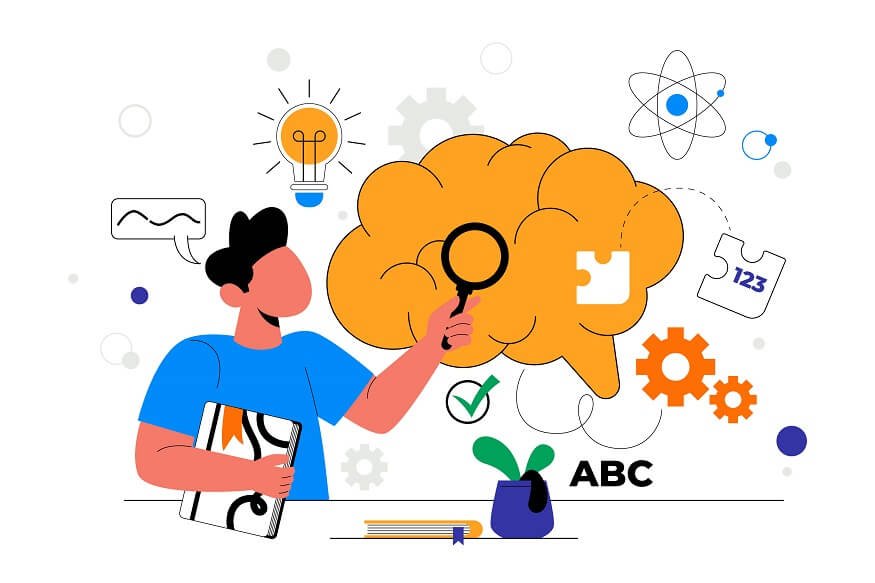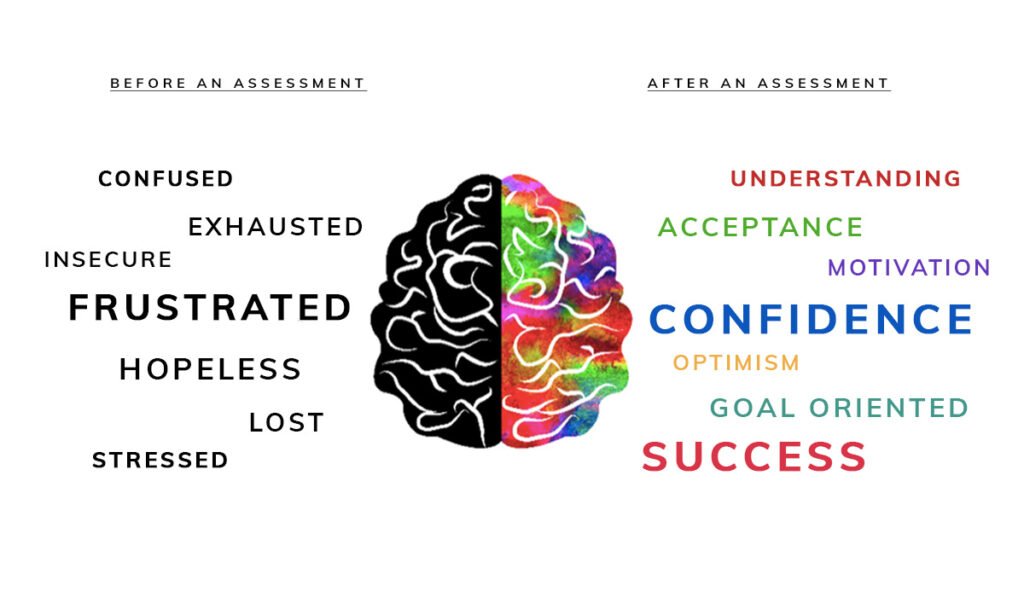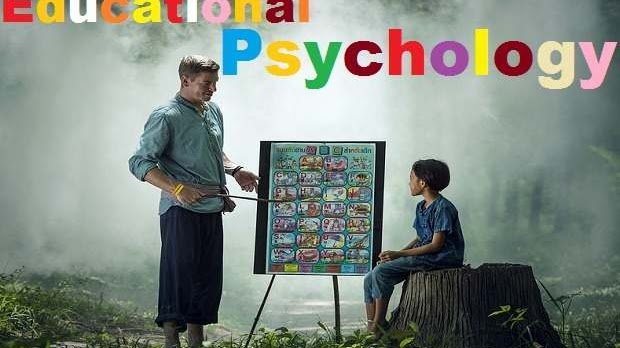Educational psychology plays a foundational role in shaping effective teaching practices, enhancing student learning, and addressing individual differences in the classroom. As education systems evolve, so too does our understanding of how students learn best. Educational psychology provides educators with the tools and insights necessary to design instruction, manage classrooms, and support all learners. This article explores the critical role of educational psychology in today’s classrooms, the theories and practices it draws from, and how it informs decisions at all levels of teaching and learning.
What is Educational Psychology?

Educational psychology is the branch of psychology focused on understanding how people learn. It encompasses cognitive development, learning theories, instructional strategies, motivation, assessment, and classroom management. By analyzing how students absorb, retain, and apply knowledge, educational psychologists help shape effective educational practices.
Key Areas of Educational Psychology
- Learning Theories
- Motivation and Engagement
- Cognitive Development
- Assessment and Evaluation
- Behavioral Management
Learning Theories in Educational Psychology
Behaviorism
Pioneered by B.F. Skinner and John B. Watson, behaviorism focuses on observable behaviors and the stimuli that reinforce them. In the classroom, this translates into reward systems, repetition, and reinforcement to promote desired behaviors.
Constructivism
Developed by Jean Piaget and further advanced by Lev Vygotsky, constructivism posits that learners build knowledge through experiences. Teachers serve as guides rather than direct instructors, facilitating inquiry-based learning.
Social Learning Theory
Albert Bandura’s theory emphasizes learning through observation, imitation, and modeling. Peer learning and classroom modeling are practical applications of this theory.
Cognitive Load Theory
This theory explains how working memory limitations affect learning. Teachers who understand this can design lessons that prevent cognitive overload and improve information retention.
The Impact of Educational Psychology on Teaching Practices

Instructional Design
Educational psychology informs the design of curricula and learning activities. It helps teachers sequence lessons, differentiate instruction, and create materials that match students’ developmental levels and cognitive capabilities.
Motivation Strategies
Motivation is a critical factor in learning. Concepts like intrinsic vs. extrinsic motivation, goal-setting, and self-efficacy come directly from educational psychology.
- Intrinsic Motivation: Encouraging curiosity and autonomy.
- Extrinsic Motivation: Using rewards, praise, and grades.
- Growth Mindset: Promoting resilience through belief in the ability to improve.
Classroom Management
Effective classroom management strategies, such as positive reinforcement and behavioral contracts, are rooted in psychological principles.
- Proactive Discipline: Preventing issues through structure and routines.
- Responsive Discipline: Addressing behaviors constructively and consistently.
Differentiation and Individualized Instruction
Educational psychology supports the idea that students learn in diverse ways. Teachers can use psychological assessments to tailor instruction for different learning styles and abilities.
The Role of Assessment in Educational Psychology

Formative vs. Summative Assessment
- Formative Assessments: Ongoing checks for understanding during instruction (e.g., quizzes, observations).
- Summative Assessments: Evaluations at the end of instructional units (e.g., final exams, standardized tests).
Psychological Testing
Intelligence tests, aptitude tests, and diagnostic tools help identify learning disabilities, giftedness, and other special education needs.
Data-Informed Instruction
Teachers use assessment data to inform instructional decisions, identify gaps, and support student progress more effectively.
Addressing Diverse Learners Through Educational Psychology
Learning Disabilities and Special Needs
Educational psychologists contribute to IEPs (Individualized Education Programs) and help create accommodations for students with ADHD, dyslexia, autism, and other learning differences.
English Language Learners (ELLs)
Understanding cognitive and linguistic development helps teachers scaffold instruction for ELLs.
Culturally Responsive Teaching
Psychology emphasizes the importance of inclusive practices that respect and reflect students’ diverse backgrounds.
Educational Psychology and Student Mental Health
Emotional and Social Development
Educational psychology highlights the importance of emotional intelligence, social skills, and relationship-building in learning environments.
School Counseling
School psychologists and counselors use psychological principles to support students’ emotional well-being and academic success.
Trauma-Informed Teaching
Educators are increasingly trained to recognize the effects of trauma and provide supportive, healing-centered classrooms.
Technology and Educational Psychology
E-Learning and Cognitive Theory
Educational psychology guides the design of digital learning platforms, ensuring they align with how the brain processes and retains information.
Gamification and Motivation
Incorporating game elements into learning leverages psychological principles of motivation and engagement.
Data Analytics in Education
Learning management systems provide data that educational psychologists and educators can use to improve learning outcomes.
Teacher Training and Professional Development
Educational Psychology in Teacher Preparation
Most teacher education programs include coursework in educational psychology. This foundational knowledge helps future educators understand learning theories, assessment, and child development.
Ongoing Professional Development
Workshops, coaching, and collaborative learning communities often focus on applying psychological insights to improve instructional practices.
Challenges in Applying Educational Psychology

Translating Theory into Practice
Teachers may struggle to implement complex psychological theories in practical classroom settings.
Limited Resources
Underfunded schools may lack access to school psychologists or appropriate training.
Balancing Standardization and Individual Needs
Educational psychology supports personalized learning, but standardized testing systems often constrain instructional flexibility.
Also Read : Gen Z Education: Bridging The Gap Between Traditional And Modern Learning
Conclusion
Educational psychology is a cornerstone of modern education. It equips teachers with the tools to understand how students learn, adapt instruction to meet diverse needs, and support students’ cognitive, emotional, and social development. As classrooms continue to evolve with technology and diversity, the role of educational psychology becomes even more critical. Teachers who apply these principles are better positioned to create engaging, effective, and inclusive learning environments that empower all students.
Frequently Asked Questions (FAQs)
Q1: What is the main goal of educational psychology?
Educational psychology aims to understand how students learn and apply this knowledge to improve teaching methods and student outcomes.
Q2: How do teachers use educational psychology in the classroom?
Teachers use insights from educational psychology to design effective lessons, manage behavior, assess student progress, and motivate learners.
Q3: What theories are important in educational psychology?
Key theories include behaviorism, constructivism, social learning theory, and cognitive load theory.
Q4: Why is educational psychology important for teacher training?
It helps future teachers understand student development, learning processes, and effective teaching strategies.
Q5: Can educational psychology help students with learning disabilities?
Yes, educational psychology provides tools for identifying learning challenges and developing personalized strategies to support these students.





